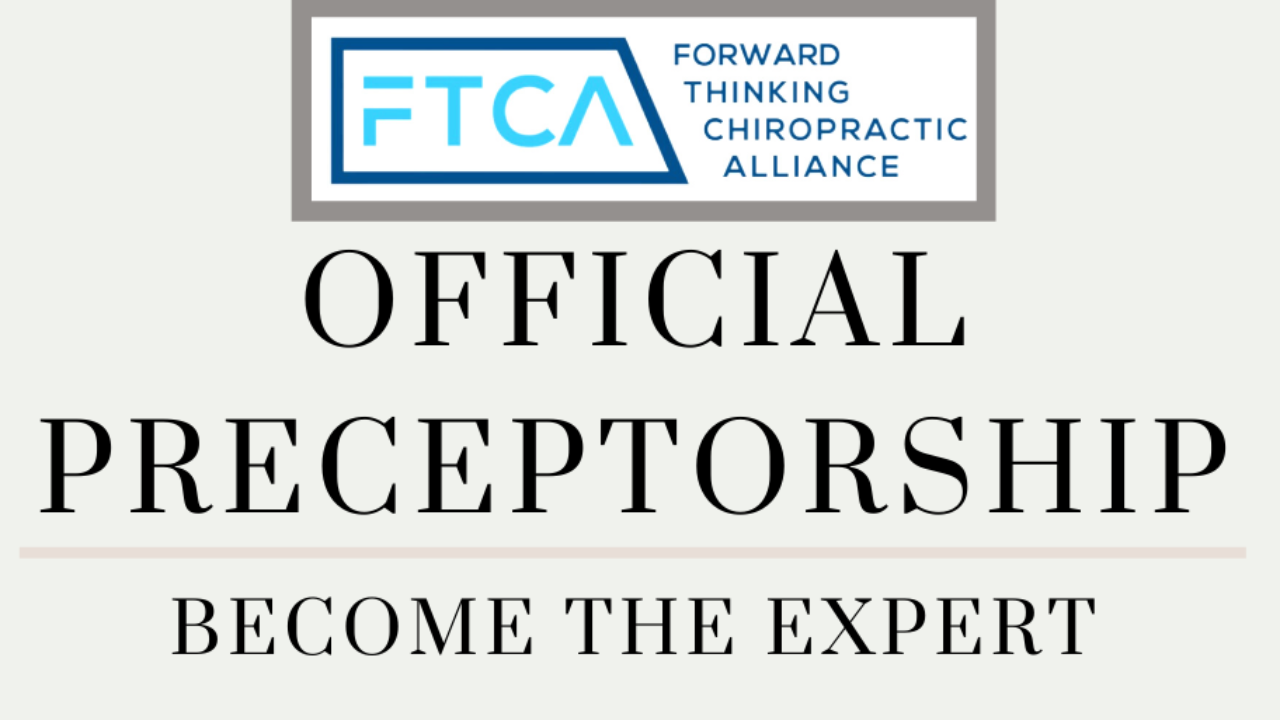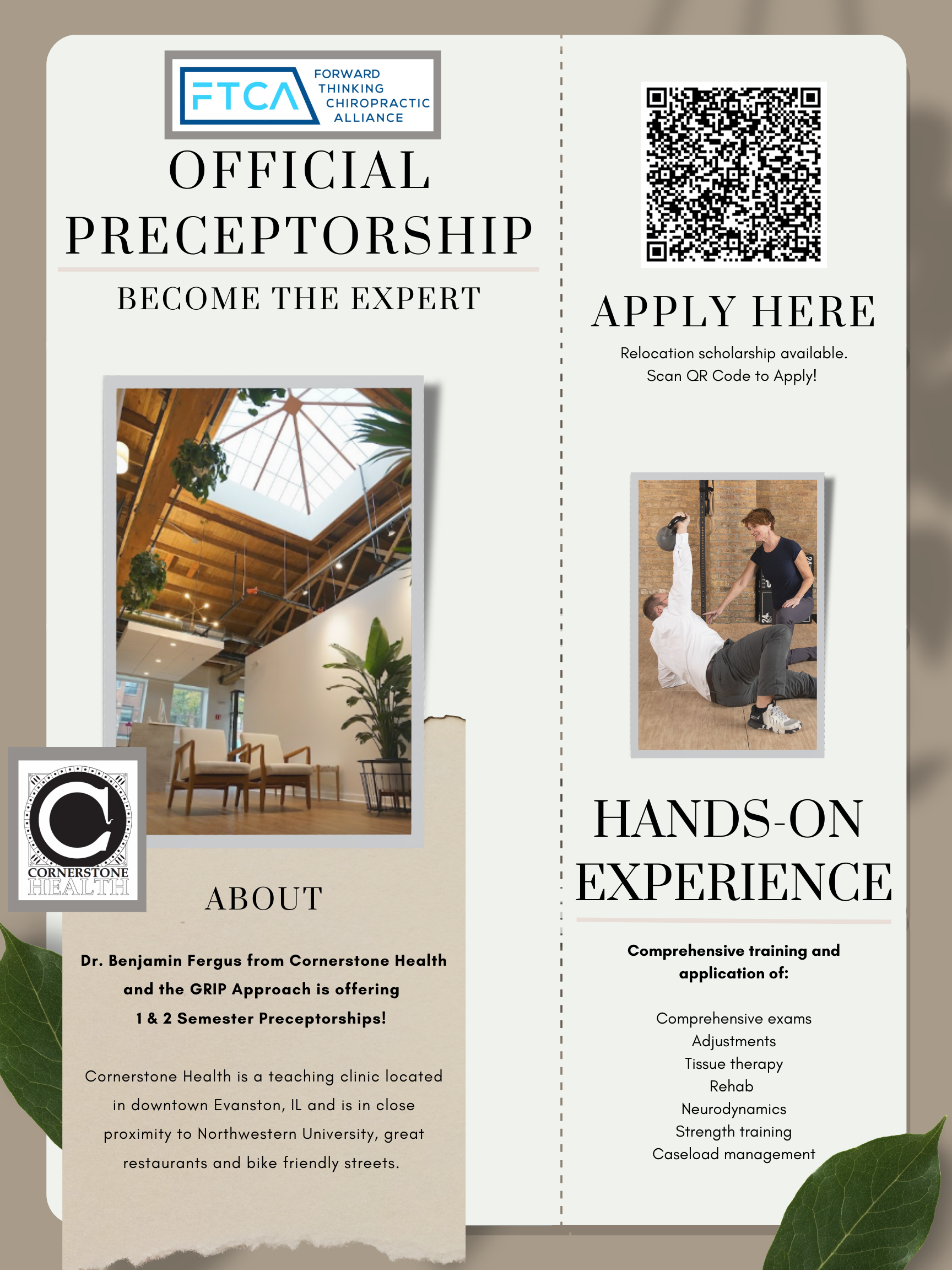Mentorship: From Training Wheels to Full Speed
Aug 17, 2025
Mentorship is a foundational pillar in developing clinical mastery and confidence within healthcare and rehabilitation professions. Much like learning to ride a bike, true expertise doesn’t happen overnight—it requires a gradual, supportive progression that moves learners step-by-step from observation to independent practice.
At GRIP Approach, this progressive mentorship model shapes clinicians into skilled, resilient providers who deliver consistent, scalable patient outcomes by combining deliberate practice with structured guidance.
The Training Wheels Phase: Observation & Guidance
New clinicians and trainees start their journey much like a child with training wheels—by observing experienced providers. This initial phase allows learners to build a solid understanding of foundational skills and clinical reasoning without the pressure of immediate performance.
Within the GRIP teaching clinic, students shadow mentors as they apply clinical frameworks, perform assessments, and communicate with patients in real-world settings. This safe, gradual exposure lays a critical foundation for skill acquisition by emphasizing best practices and clinical safety.
Tag-Along Practice: Supported Participation
As learners gain confidence, they transition to “tag-along” practice—performing elements of care under close supervision. Mentors provide immediate feedback to refine decision-making and clinical technique. This phase transforms mistakes into learning opportunities within a secure support system, nurturing clinical intuition.
This paced learning ensures clinicians develop competence without rush, promoting independence at their own readiness level.
Full Speed Ahead: Mastery and Autonomy
The final mentorship phase removes the “training wheels.” Clinicians confidently navigate complex cases using the GRIP clinical system independently while continuing lifelong professional growth.
Their autonomy is supported by a repeatable, clear clinical framework and ongoing access to advanced mentorship—knowing when to consult peers or mentors while leading patient care effectively.
Why This Approach Works
Research supports that structured, progressive mentorship builds competence and confidence in new healthcare providers (Wright et al., 2020). This approach leads to:
- Increased clinical decision-making skills
- Advanced critical thinking and adaptability
- Reduced anxiety common in novice clinicians
- Consistent, reproducible outcomes for patients
Mentorship extends beyond teaching clinical skills—it shapes mindsets that empower clinicians to deliver life-changing results with clarity, consistency, and mastery.
Applying Mentorship Models in Your Practice
For clinics and rehab centers seeking to implement or enhance mentorship programs, consider incorporating:
- Stepwise learning phases from observation to autonomous practice
- Regular feedback loops and reflective practice opportunities
- Access to peer and expert mentors even post-training
- Integration of evidence-based clinical systems like GRIP for reproducibility
Such models increase clinician retention, improve patient outcomes, and promote a culture of continuous learning.
About GRIP Approach Mentorship
The GRIP Approach blends evidence-based movement science, clinical systems, and mentorship to equip clinicians—chiropractors, physical therapists, athletic trainers—with the tools to evaluate and treat with confidence. It offers virtual courses, hands-on labs, and live mentorship to support clinicians across the U.S. and internationally.
Interested in mastering mentorship and advancing your clinical skills? Stay connected for upcoming workshops and resources designed to elevate your practice, whether you’re in Chicago, New York, Los Angeles, Toronto, London, or beyond.
PubMed References
- Wright S, Wong A, Newill C. The impact of mentorship on clinical decision-making in healthcare professions: A systematic review. J Clin Med Educ. 2020;7(2):45-57. doi:10.2147/JCME.S256789
- Jensen GM, Gwyer J, Shepard KF, Hack LM. Expert practice in physical therapy. Phys Ther. 2000;80(1):28-43. doi:10.1093/ptj/80.1.28
- Binks-Cantrell E, Joshi M, Washburn B. Clinical mentoring in healthcare: Models and outcomes. Int J Health Prof Educ. 2019;11(1):13-22.
- Kiersma ME, Neylan C, Bullin C, Silverglate AH. Characteristics of effective clinical mentors: A literature review. Teach Learn Nurs. 2021;16(1):41-47. doi:10.1016/j.teln.2020.10.002


